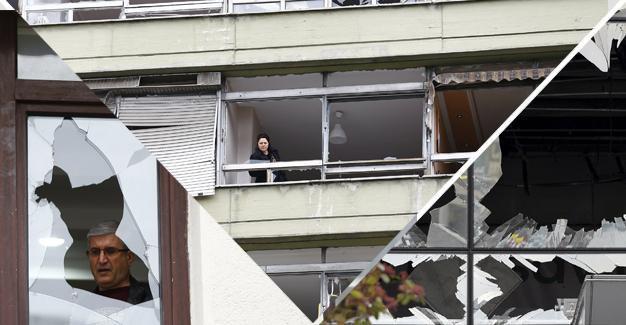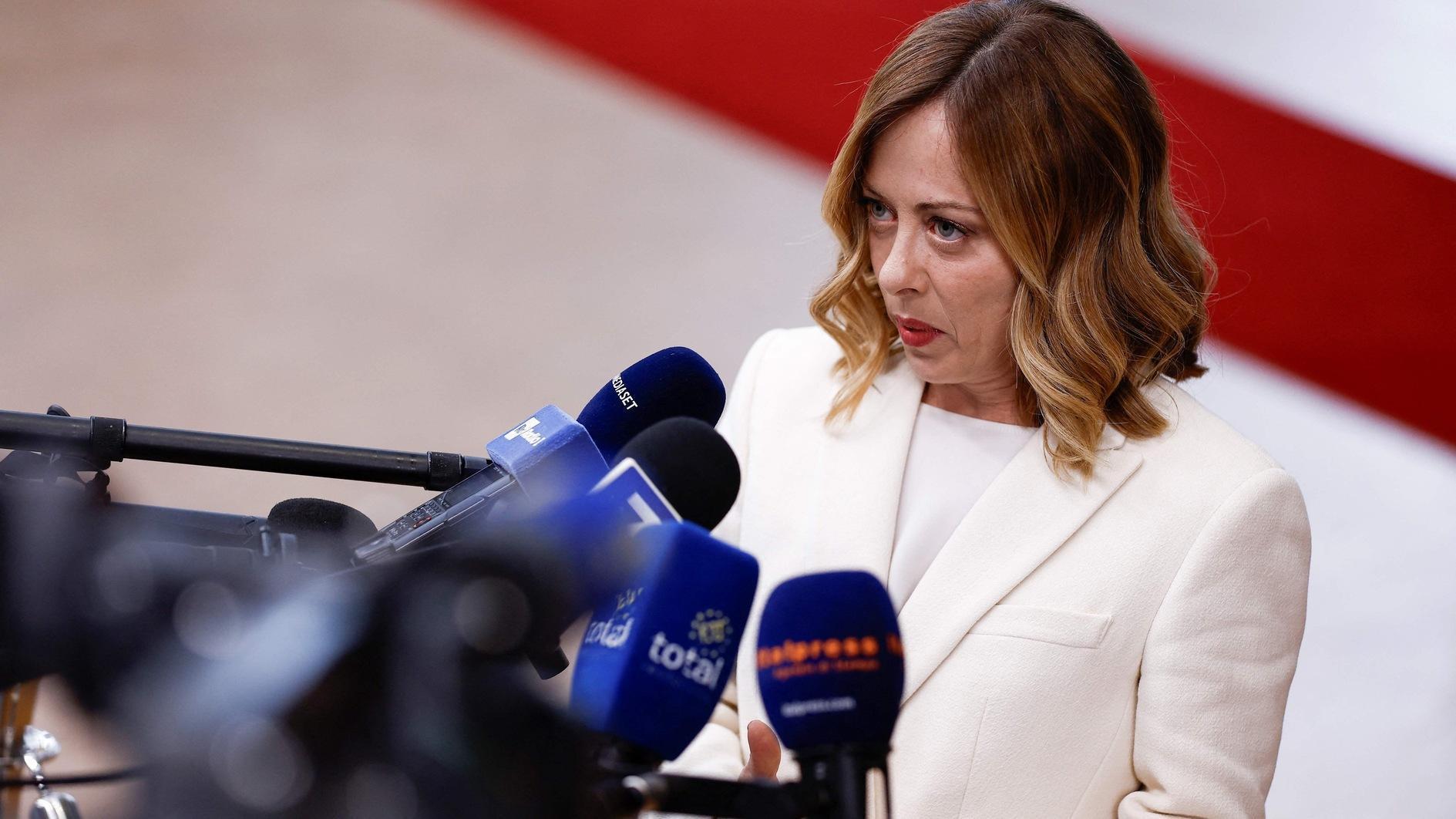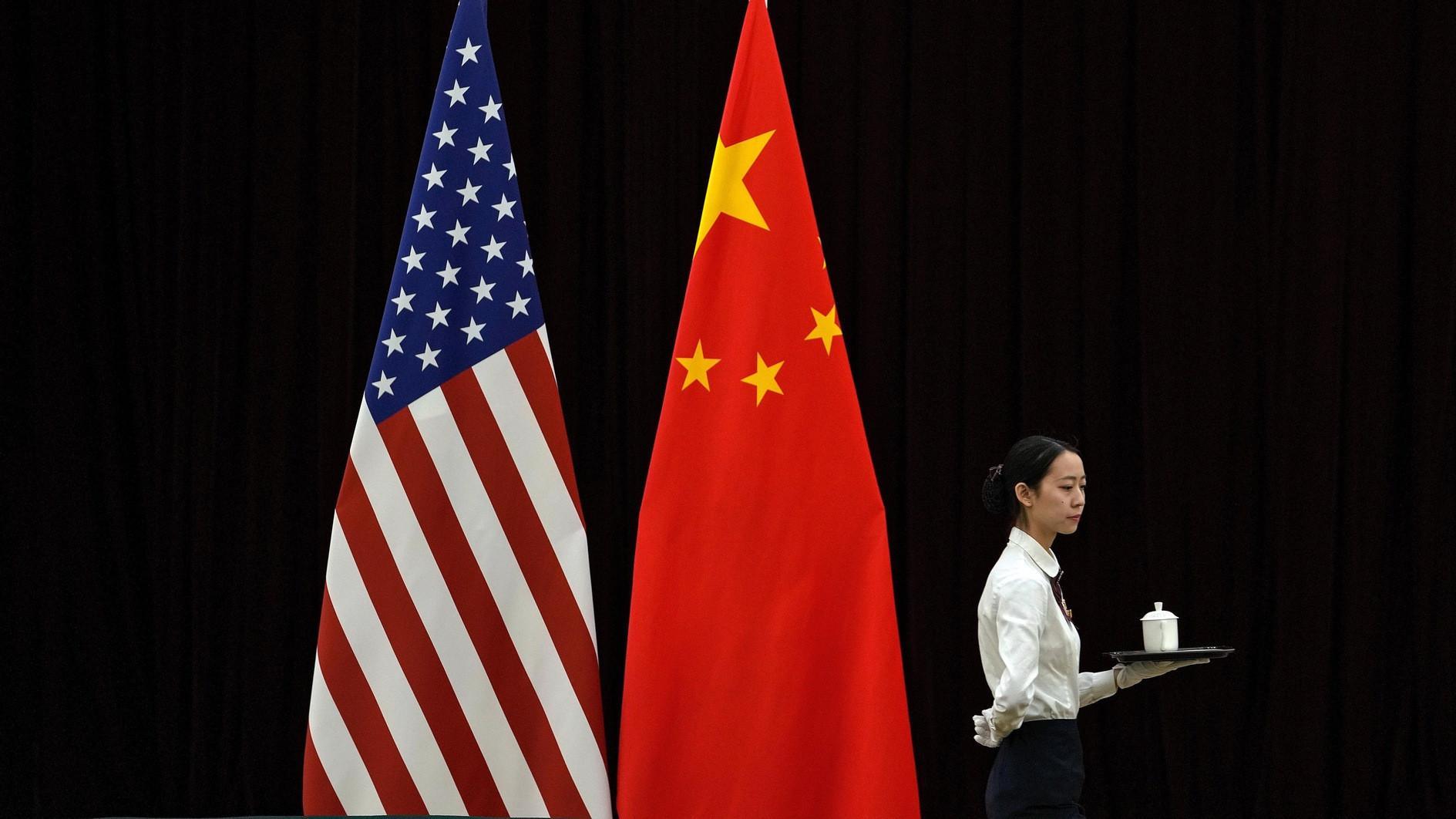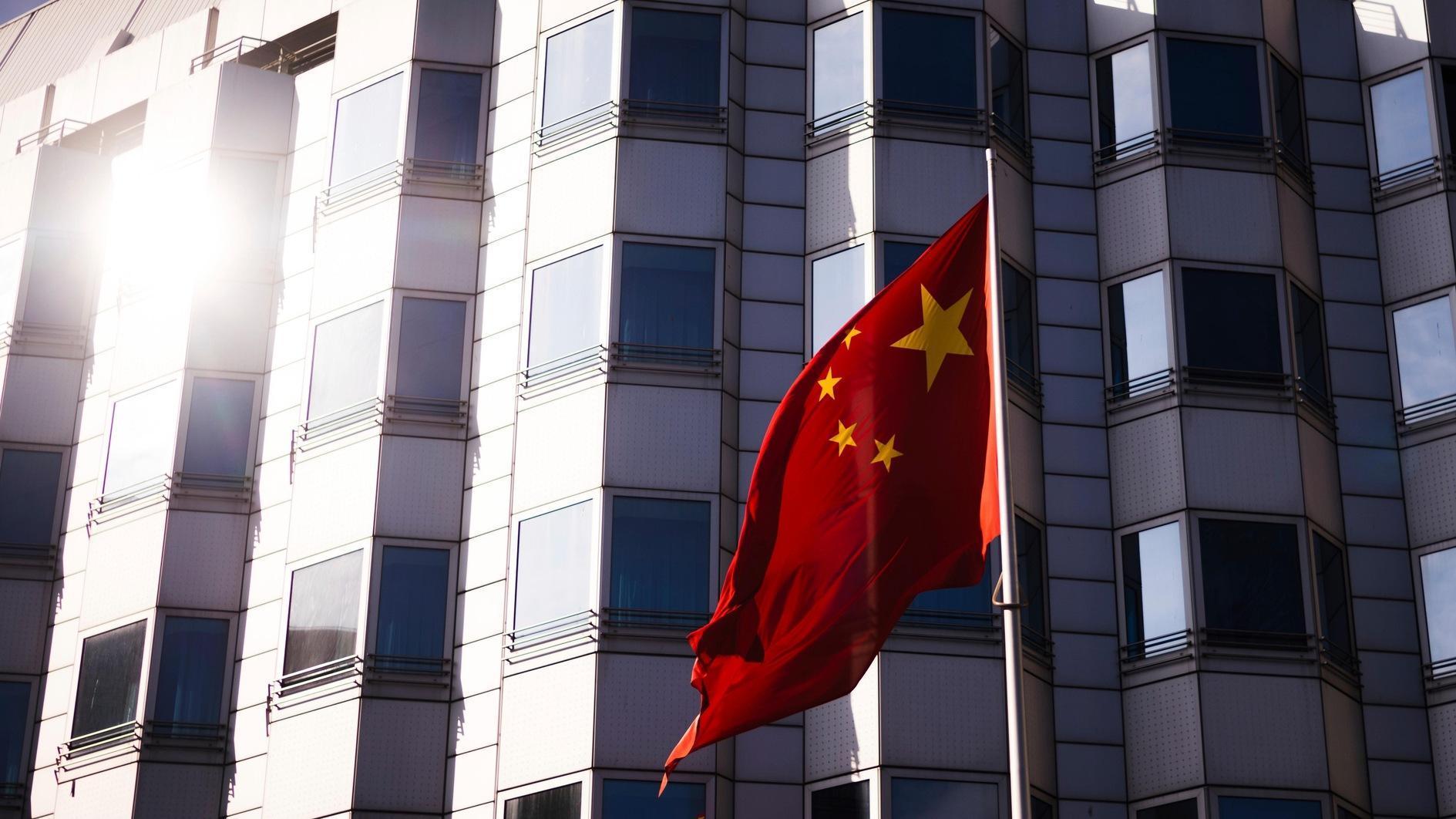Ankara, Istanbul, Brussels attacks 'have similar motives, different methods'
ANKARA
 Turkey’s top security board has concluded that the motives of recent terrorist attacks in Ankara, Istanbul and Brussels were all similar, though carried out with different methods. The National Security Council (MGK), made u the country’s top civilian leaders and military brass, also urged the international community not to regard terrorism as a legitimate “fight for freedom and rights.”
Turkey’s top security board has concluded that the motives of recent terrorist attacks in Ankara, Istanbul and Brussels were all similar, though carried out with different methods. The National Security Council (MGK), made u the country’s top civilian leaders and military brass, also urged the international community not to regard terrorism as a legitimate “fight for freedom and rights.” “It is of vital importance that the international community agrees that terrorism is not a struggle for freedom and rights in order to jointly cooperate against it. The attacks in Ankara, Istanbul and Brussels had different aims but similar methodologies and show that terrorism is a threat to all – regardless of religion, language and state,” the MGK stated in its bi-monthly meeting late March 24.
After scores of people were killed and wounded in these terror attacks carried out by the Islamic State of Iraq and the Levant (ISIL) and the outlawed Kurdistan Workers’ Party (PKK), the MGK said Turkey called on European countries to jointly address the terror problem “without distinguishing between terrorist groups.”
The MGK vowed Turkey’s commitment to continue its struggle against terrorism until all terror groups are defeated, adding that additional security measures to be taken were discussed at the meeting.
In an indirect reference to the Syria’s Democratic Union Party (PYD), which is linked to the PKK in Turkey, the statement said Turkey will not accept any move that takes such terrorist organizations into consideration as part of ongoing Syria peace negotiations.
The MGK also discussed the recent deal between Ankara and Brussels aiming to stem the flow of refugees from Turkish territories to Greek islands, welcoming NATO’s support for efforts to stop human smuggling in the Aegean Sea.
No-fly zone still needed
The council also discussed developments inside Syria, again stressing Turkey’s demand for a safe zone across the border and saying “the U.N. and the international community should take more responsibility for the stabilization of the region.”
“Turkey’s insistent proposals for the implementation of safe zone and no-fly zone have been proven right and important, as a result of recent developments,” it stated.
The MGK also reportedly evaluated the Iraqi army’s planned operation to liberate Mosul from ISIL, as well as ISIL’s use of chemical weapons against Turkmens inside Syria.
















